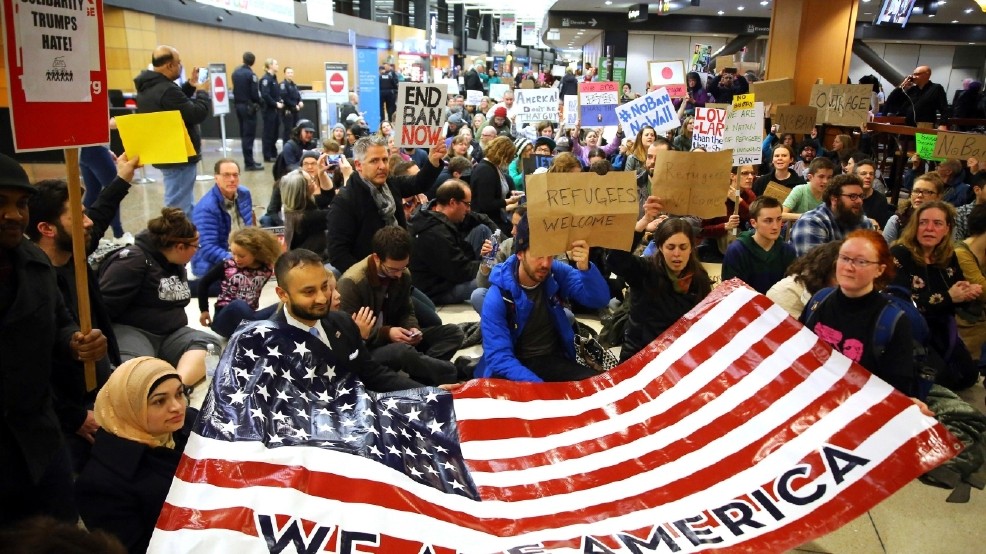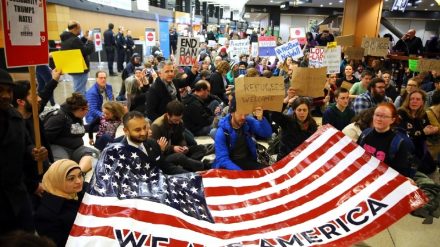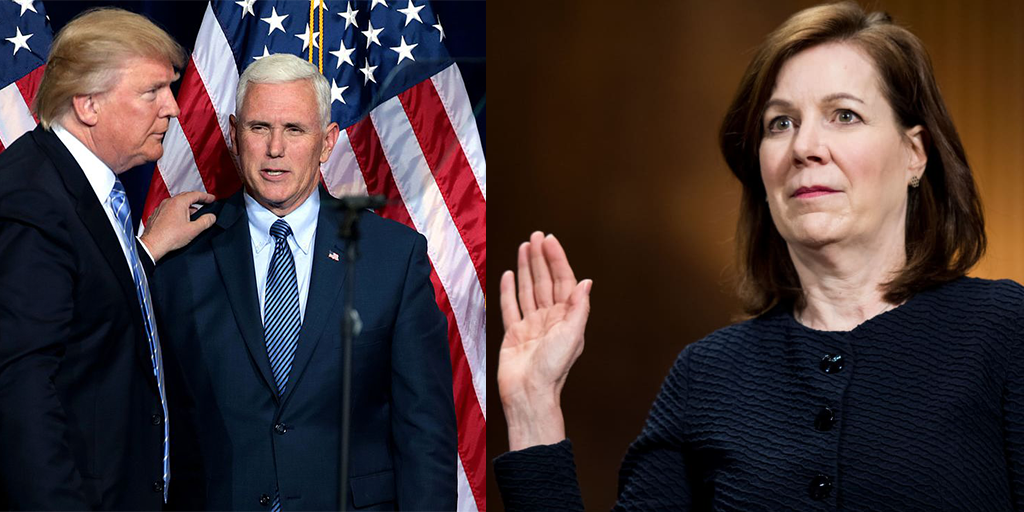Abortion rights, women of color, and LGBTQIA+ people are under attack. Pledge to join us in fighting for gender justice.
Choosing Justice: Why We Must End Harsh Immigration Policies

 I was recently told by an acquaintance of mine that a wall between Mexico and the United States will make her feel safer. The people who are crossing that border–people who incidentally look a lot like me–scare her. It’s hard to look someone in the face who has just told you that she is afraid of people like you and your family. And, yet, I can walk away from her, confident that, while I may face extra scrutiny at a border crossing, I will eventually be allowed into the United States. I have the privileges of citizenship, education, and a professional job. I will hopefully never know the fear that forces people to risk their lives and leave their homes. I will hopefully never have to decide that it is safer to take my child with me on overcrowded boat through dangerous water or across an unforgiving desert than to stay where we are. Yet, millions of families face those choices every day.
I was recently told by an acquaintance of mine that a wall between Mexico and the United States will make her feel safer. The people who are crossing that border–people who incidentally look a lot like me–scare her. It’s hard to look someone in the face who has just told you that she is afraid of people like you and your family. And, yet, I can walk away from her, confident that, while I may face extra scrutiny at a border crossing, I will eventually be allowed into the United States. I have the privileges of citizenship, education, and a professional job. I will hopefully never know the fear that forces people to risk their lives and leave their homes. I will hopefully never have to decide that it is safer to take my child with me on overcrowded boat through dangerous water or across an unforgiving desert than to stay where we are. Yet, millions of families face those choices every day.
Those of us with the privilege of United States citizenship also face a choice: What kind of country are we going to be? Are we a country that is welcoming and generous? Or are we a country that gives into fear and hate? I want to be the first type of country. I want to be the kind of country that opens its arms and its heart–that doesn’t turn away refugees at the door so they can risk death somewhere else. But I fear we are becoming the latter–the kind of country that has decided building an impractical and inhumane wall so that some people can feel safer even as others are made to suffer.
I only have to look down the street to see people affected by the new, harsh stance on immigration. Our neighbors–refugees from Afghanistan–had planned a trip home over the summer but are now afraid they would not be able to return to the United States if they went. The family of one of our friends had their visa revoked after they had been in the United States for years and were applying for citizenship. This has left them and their children–one a U.S. citizen and one who has been in the country since she was two–in a frightening limbo, hoping they will be able to immigrate to Canada if they are unable to stay in the U.S. I offer comfort when I can—referrals for immigration lawyers, general advice, the occasional loaf of banana bread—but it never feels like enough.
Today, reproductive justice groups across the country are coming together to recognize the importance of supporting immigrant rights. At its core, reproductive justice recognizes the rights of families to be able to decide if, when, and how to have children and be able to care for their families with dignity and self-determination. Harsh immigration policies fly in the face of these principles and should not be allowed to stand. It’s time for us to choose—which kind of country are we going to be?




